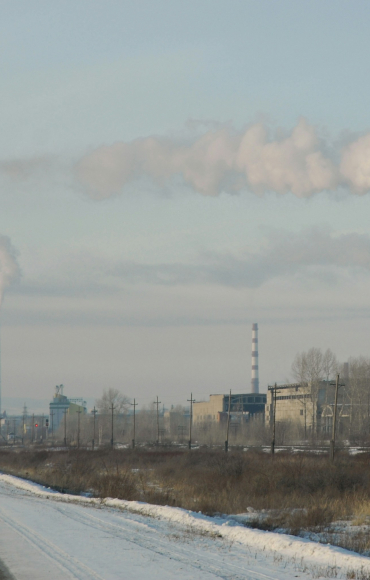
The Poison of Prishtina That Makes Every Breath a Struggle
The Poison of Prishtina That Makes Every Breath a Struggle A winter morning in Prishtina often begins under a heavy, grey sky, where the air feels thick and each breath reminds you of the...
Balkan Green Foundation (BGF) was part of the EUKI Academy webinar “The Green Rural Deal Project: How Rural Regions in the Western Balkans Fight for a Zero-Carbon Economy" held on the 28th of March 2022. The event assembled representatives of partner organizations of the “Green Rural Deal” project, consisting of Rinora Gojani (Balkan Green Foundation), Katja Witte (Wuppertal Institute for Climate, Environment and Energy), Tanja Popovicki (RES Foundation), and Lefteris Topaloglou (LGA Western Macedonia).
The beginning of the webinar provided the participants with information about the aims of the Green Rural Deal project, which seeks to empower rural residents of Kosovo, Serbia and Greece to create projects, tools, and instruments that support the sustainable development of their regions. In doing so, the project partners recognized commonalities such as the aging population, high unemployment, high levels of outmigration, and the decline of energy-intensive industries while remaining sensitive to each region’s particular needs.
Rinora Gojani (Programmes and Operations Manager at BGF) highlighted the potential of Kamenica’s region to transform into a zero-carbon economy, its great sustainability for the installation of solar and wind energy. Rinora mentioned crucial steps of the “Green Rural Deal” project which are the gathering of relevant data, the diagnosis of development concerns, supporting the local level in drawing-up suitable policies, and providing support in the assessment and planning processes. Rinora continued by explaining what is the future focus of the project which included targeting strategic documents, capacity-building and knowledge-sharing, as well as defining areas of intervention that proved to be particularly useful. Tanja Popovicki (Programme Manager at RES Foundation) emphasized that the project serves as an extension of the energy transition process in Priboj (Serbia). Tanja revealed the main activities of the project including the conversion of the public heating system to biomass, a process in which particularly young people were heavily involved thus increasing their motivation to stay in Priboj. Meanwhile, Dr. Lefteris Topaloglou (Scientific Consultant of LGA Western Macedonia) stressed the importance of the “Green Rural Deal” connecting it with the Greek government’s decision to phase out lignite mining in 2028, Western Macedonia, whose economy has been dominated by energy production from lignite mining for decades, faces a significant economic challenge.
At the end of the web seminar, the experts agreed that understanding the local needs and perspectives of all stakeholders involved in the “Green Rural Deal” project helps to build trust and reliable relationships, crucial for the project’s success. While good practices from other projects can serve as useful guidance, local solutions need to be place-based and create a sense of ownership in the target communities. These practices can increase the project’s sustainability and ensure the continuation of the transformation process beyond the three years of funding.
“Green Rural Deal - Sustainable and Smart Transition Strategies for Rural Municipalities” project is supported by the European Climate Initiative of the Federal Ministry for the Environment, Nature Conservation and Nuclear Safety, and is an initiation between Balkan Green Foundation, Wuppertal Institute, Germanwatch, Regional Association of Local Government of Western Macedonia and RES Foundation.